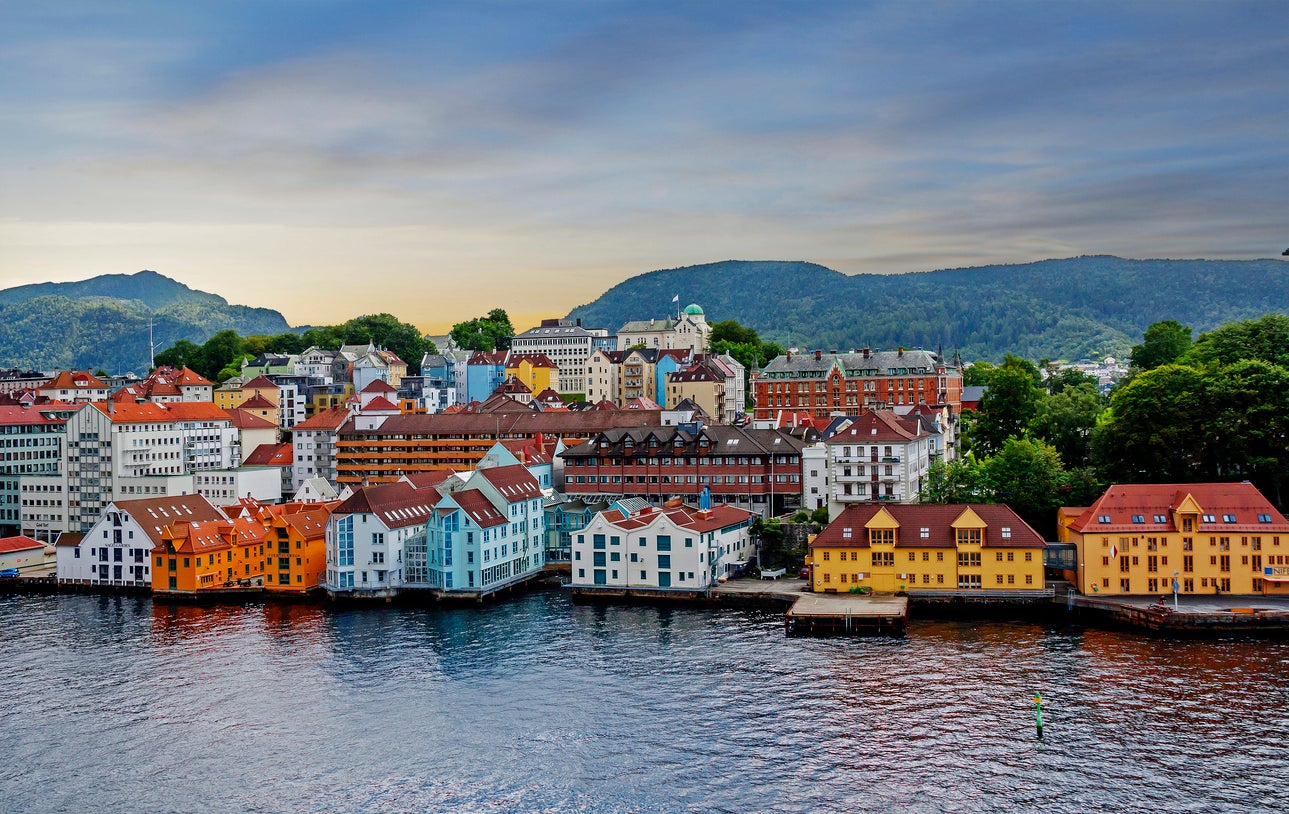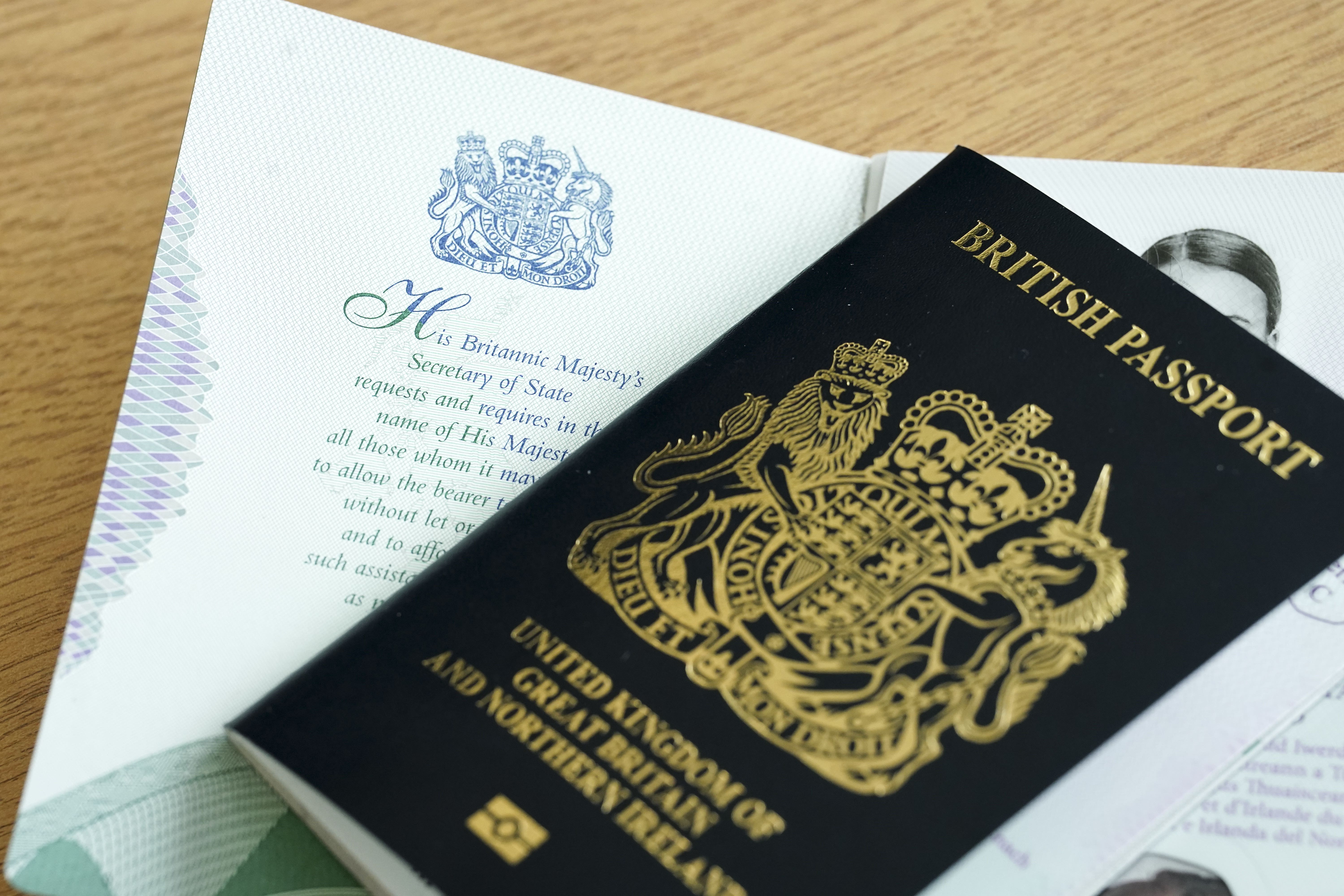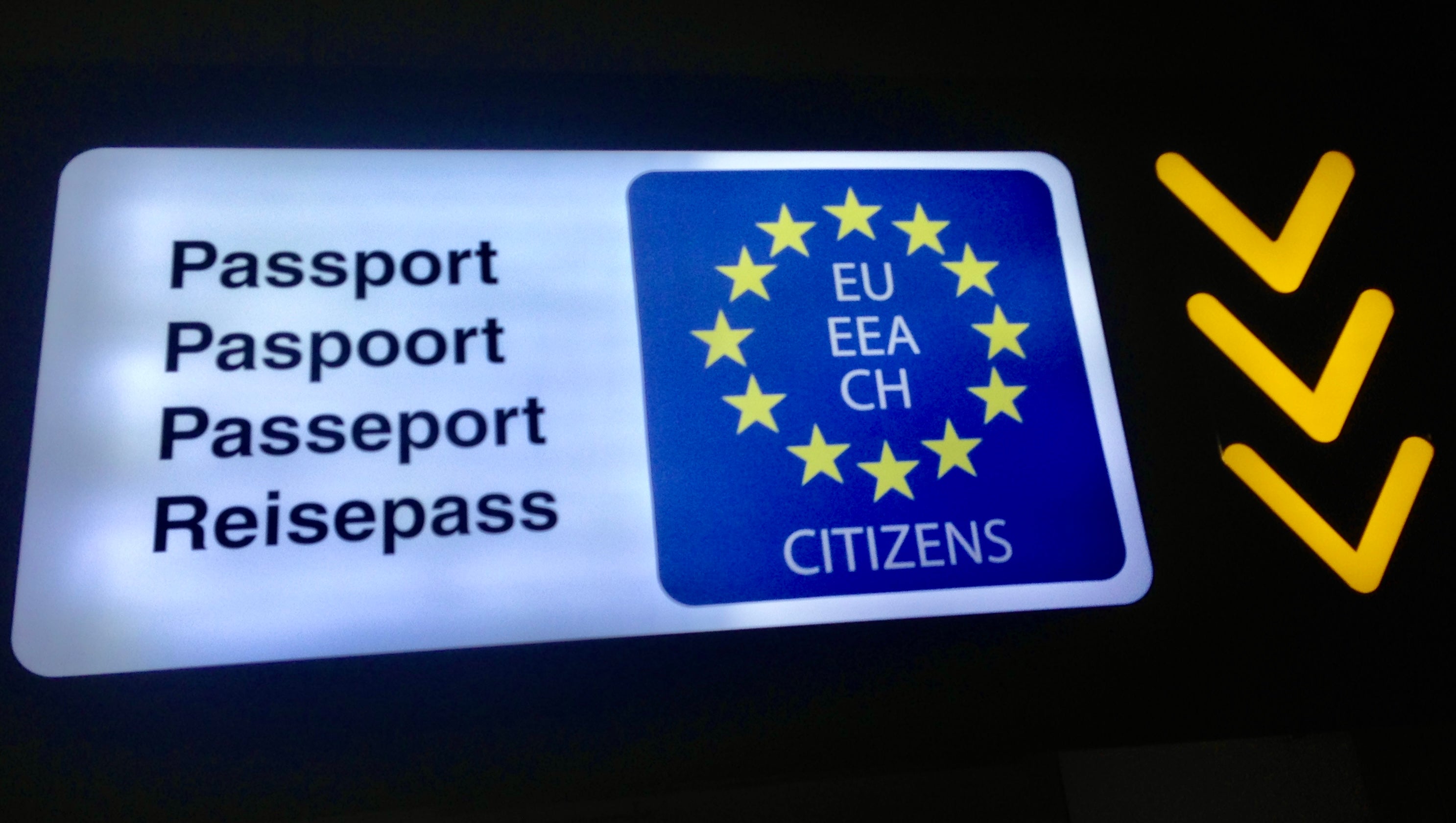Would you recommend a city break to Stavanger?
Simon Calder answers your questions on Norway, passports, and low-cost getaways


Q Have you been to Stavanger in Norway? If so, would you recommend it as a city break?
Callum McG
A Definitely. Norway’s third city (after Oslo and Bergen) offers an attractive old town, Gamle Stavanger, which has 173 wooden buildings on a maze of cobbled streets. There’s a city lake and much more besides.
Stavanger is focused on the twin harbours of Vagen to the west and Ostre Havn to the east. The kernel of the city is the thumb of land extending between the harbours. Inland from here, the buildings get younger, with the exception of the mighty cathedral, on the north shore of the city lake. Walk up to Valberg Tower, built in 1850 as a watchtower intended to guard against fires in the city and aboard ships moored in the harbour, and offering excellent views.
As a former European Capital of Culture, Stavanger has plenty of museums. Half a century ago, Norway’s first oil field opened and began the process of turning the nation into one of Europe’s richest. Stavanger is at the heart of the industry. The benefits – and costs – of oil are told in spectacular fashion at the Norwegian Petroleum Museum. If you can, watch State of Happiness – a charming depiction of how Stavanger was transformed from obscure port to oil capital – on BBC iPlayer before you go. Oil wealth has made Norway expensive, but Stavanger has what I believe is Europe’s most upmarket charity shop: the Fretex store, run by the Salvation Army.
The best way to end a visit: a three-hour boat trip to beautiful Lysefjord. The voyage allows you to see the city from the sea, then to pass beneath one of the spectacular bridges created as a result of oil wealth at the entrance to the fjord. The highlight is seeing Pulpit Rock, which towers 600m above the water. If you have proper footwear and supplies, and take advice locally, you might even want to tackle the climb to this 25m-square platform for unparalleled views.

Q Can you help me with an urgent passport question but not one about expiry dates? I travel often to the EU for work and have no blank pages left in my passport. Will France let me in next week?
Name supplied
A Relax, at least for your trip to France. If you plan to travel no further than the European Union and the wider Schengen area (including Iceland, Norway and Switzerland), don’t worry about your passport filling up.
Some background: after Brexit, the UK asked for citizens to become “third-country nationals” in the eyes of the EU, and Brussels agreed. The Schengen border code insists: “The travel documents of third-country nationals shall be systematically stamped on entry and exit.” I fear you will not qualify for the very few exemptions, unless you are a member of a ship’s crew; a national of Andorra, Monaco or San Marino; or a dignitary “whose arrival has been officially announced in advance through diplomatic channels”.
Since the rules we asked for took effect, each visit to the Schengen area uses half a passport page: one stamp to enter, another to return. But even if your passport is completely full, frontier officials are required to provide an additional sheet of paper on which the stamps are applied.
Problems arise, though, if you wish to travel beyond Europe to a country that demands a blank page on which to stamp you in and out. For example, the Foreign Office warns: “To enter Thailand, your passport must have at least one blank page.” Many other non-EU countries have the same requirement, and India and South Africa both demand two clear-facing pages.
This is yet another consequence of Brexit that you may feel you were not warned about. But the problem is not permanent. From November this year, if all goes according to plan, the European Union’s entry-exit system will end manual passport stamping and replace it with electronic registration – except for travellers to Cyprus, which is remaining outside the Schengen area, and Ireland, where British residents do not require a passport and will not be stamped in or out.

Q We – my wife and I plus girls aged 10 and four – are looking for a last-minute, low-cost holiday to anywhere for a week. We live in London.
Ed V
A Venture no further than northern France. Choose a campsite or a family-run hotel along the Cote d’Albatre. This is the Alabaster Coast, named for the chalk cliffs that spread for about 80 miles between Le Treport, just inside Normandy’s border with Picardy and the port of Le Havre. Plenty of beaches punctuate the Channel coast. Agreed, it is not as celebrated as the Cote d’Azur at the far end of France. But it is much easier and cheaper to reach, and for younger children the sun will be much more kind.
Access is easy. Sail from Newhaven to Dieppe on DFDS Ferries (a route kindly subsidised by the French taxpayer). The four-hour crossing makes a good duration with children in tow. Departures are family-friendly: 9.30am or 11am southbound, noon heading home.
A car is not essential: the port at Newhaven has a railway station nearby, and the ferry takes foot passengers. Dieppe has plenty of places to stay. But if you do have a car, you will be better placed to find a campsite and could stay further from Dieppe. Fares for a car plus four passengers in August are typically around £400 return (though higher at weekends).
I am fond of Le Treport, to the east of Dieppe, but the faded elegance of Etretat to the west has plenty of fans. Wherever you settle, you will be spoilt for choice for good food (especially fish) and drink.
If you want to explore, the whole coast is lovely and the cities of Amiens and Rouen are worth a day out. Le Havre is also fascinating, at least for those of us interested in ambitious post-war architecture; I appreciate, though, that your daughters may not share this interest.

Q My family, including two small children, were stuck in a very large passport queue at Palma airport last week. The staff rushed flights through in front of us meaning we missed our journey by minutes. To whom can I complain, or ask for compensation?
Neal S
A I can understand your wanting to know who is responsible for your stressful, upsetting and expensive experience – and whether you can claim anything. The culprit responsible for the passport queue appears to be Spain’s Guardia Civil, which handles passport control at the nation’s airports. The European Union stipulates: “Member states shall deploy appropriate staff and resources in sufficient numbers to carry out border control at the external borders.” If people are waiting so long that they miss planes, that suggests the authorities simply did not deploy sufficient resources.
Palma airport is responsible for the flow of passengers through arrivals and departure. It is owned by a government agency, Aena, which boasts of providing: “The world’s most secure, efficient, sustainable and welcoming airports.” Since the purpose of an airport is to allow travellers to board their planes, the efficiency component appears to have failed.
Ground handling seems to have gone wrong, too. Generally, if passengers are being fast-tracked to the front of a queue, the ground handlers for individual airlines will be doing the prioritising. Passengers for other flights got through more quickly at the expense of travellers like you who missed their departures. Someone messed up.
You could complain to any or all of these entities. I doubt very much, though, if you would get any meaningful response to a complaint. More pragmatically, good travel insurance is likely to meet your extra costs, so do claim. You will need to prove that you allowed sufficient time to get through.
Finally, the only reason British travellers are waiting for ages for passport control at airports across the European Union is because we voted to leave the bloc and then negotiated to become “third-country nationals” whose passports need to be checked on arrival and departure. You might want to complain to one of the many Brexiteer politicians who claimed there would be no detrimental effects of a decision to leave.
Email your question to s@hols.tv or tweet @simoncalder
Join our commenting forum
Join thought-provoking conversations, follow other Independent readers and see their replies
Comments
Bookmark popover
Removed from bookmarks